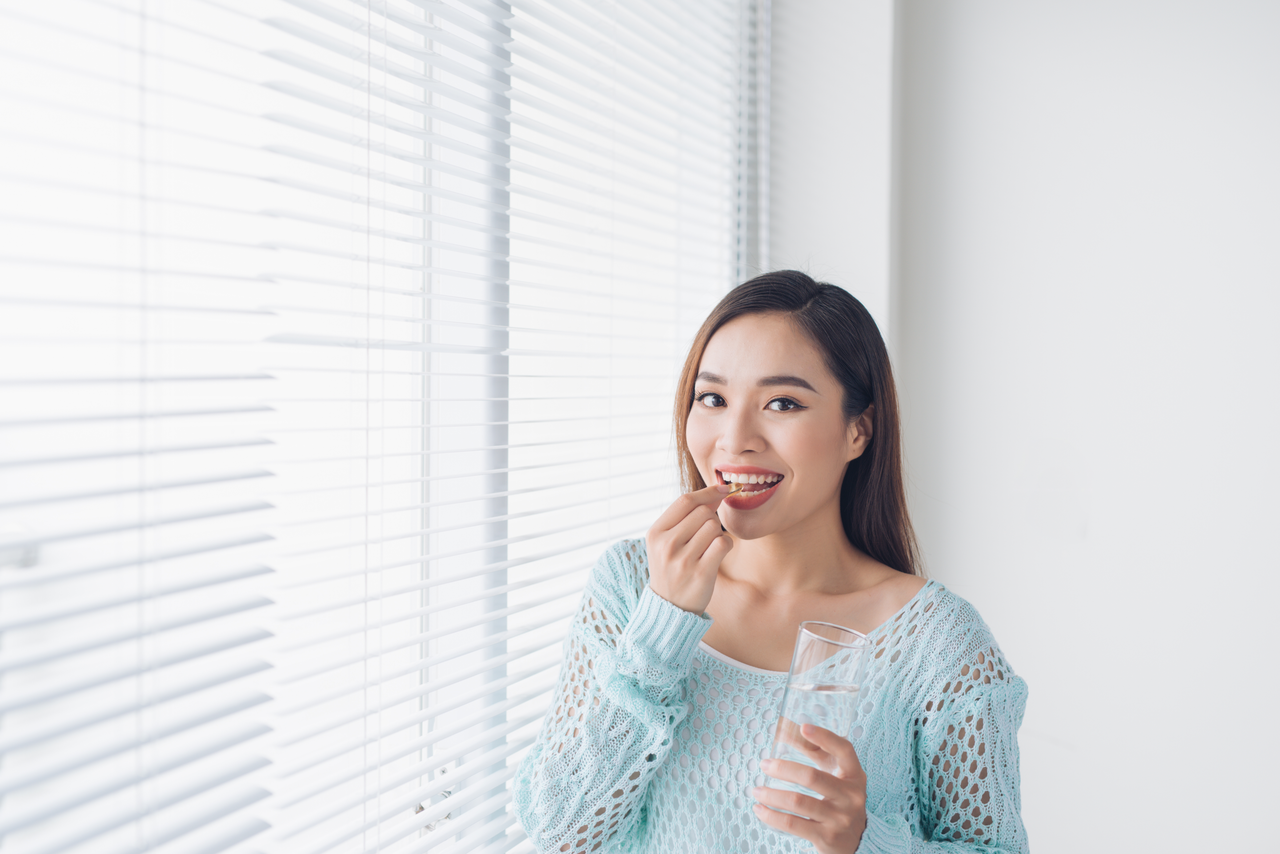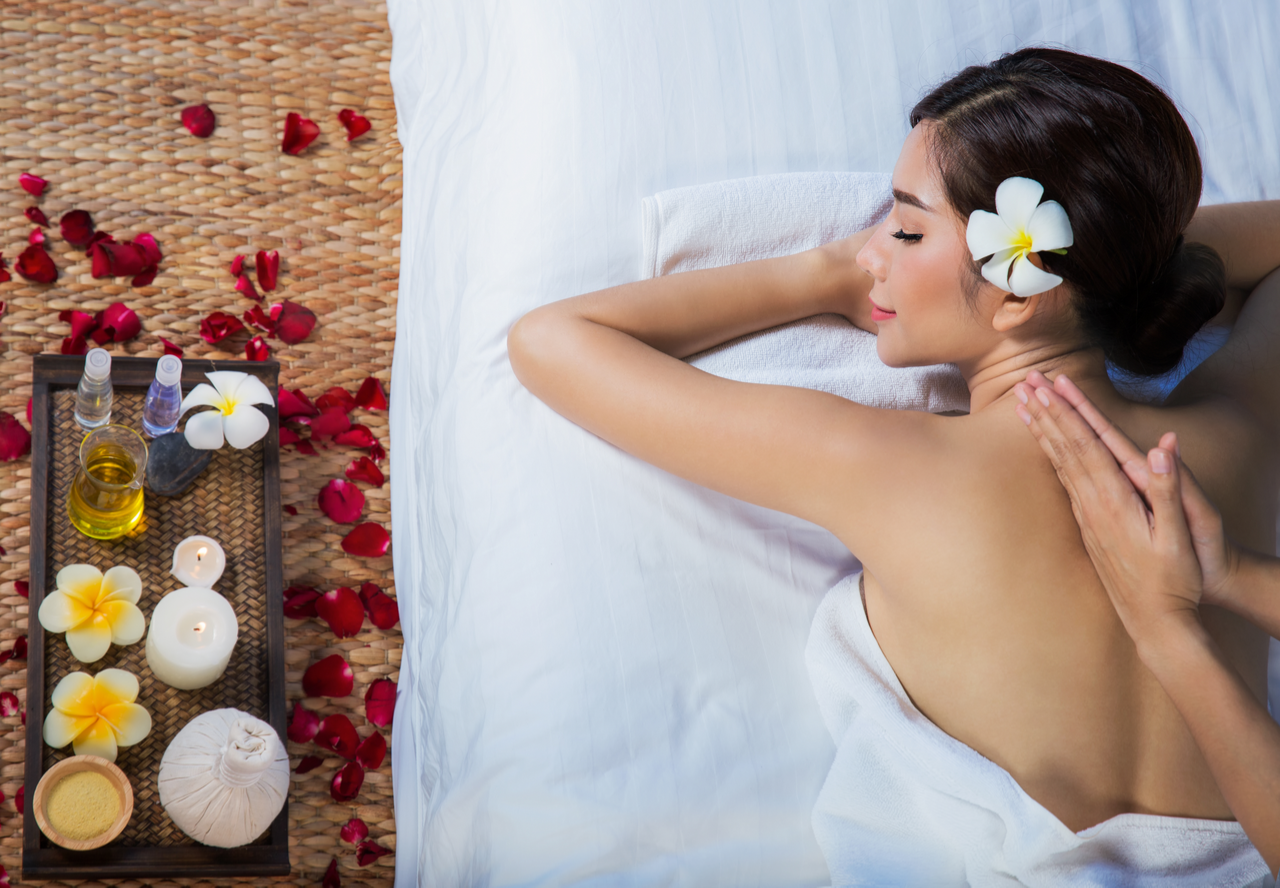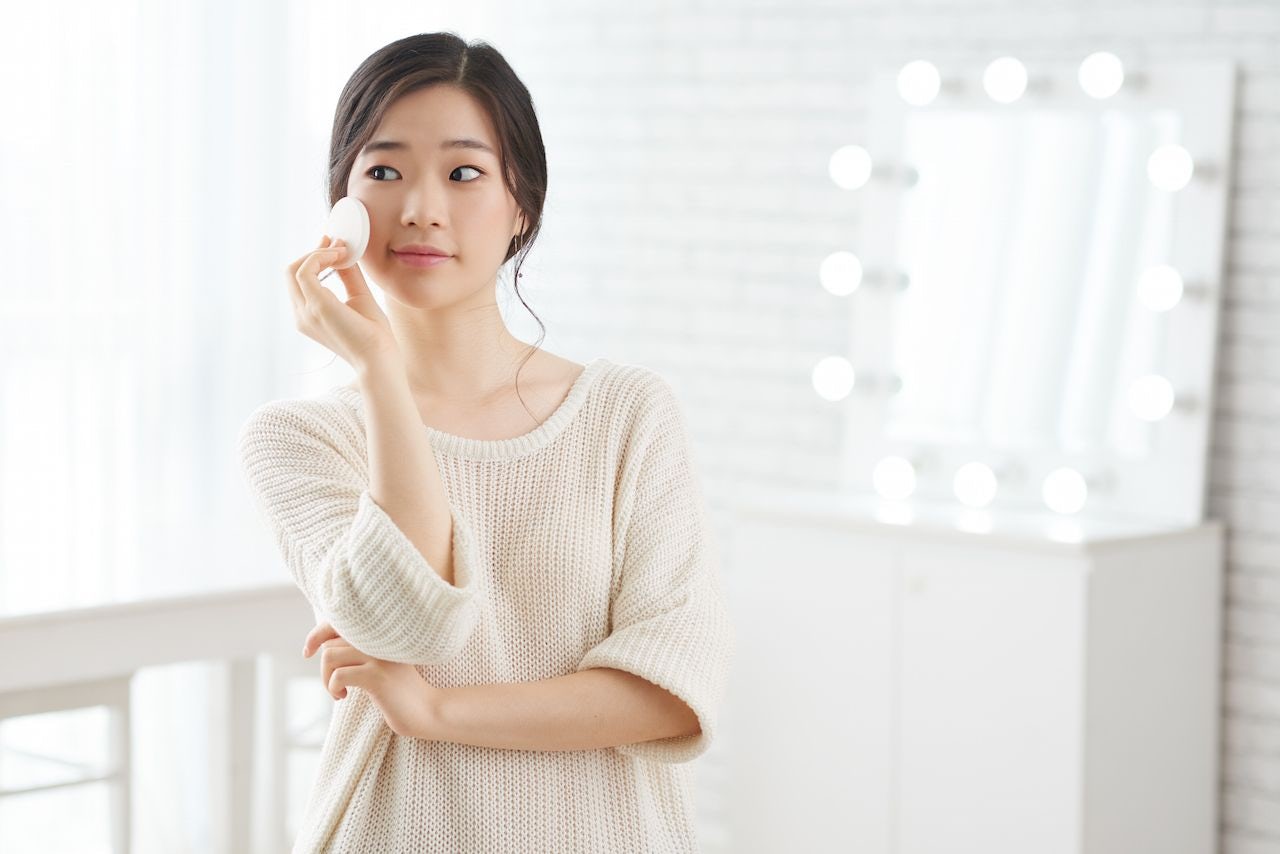“Having white skin is not enough for me. I want my skin so white that it glows,” says Yang Shen, a 22-year-old Chinese fashion student living in London. To achieve this, Yang takes at least three types of beauty supplements a day, including the French brand Biocyté’s collagen drink, the Japanese brand Pola’s skin-whitening pills, and the Australian brand Swisse’s Ultiboost Grape Seed tablets, among other powders that speed up metabolism. According to her, each of these supplements is an indispensable part of her beauty routine: the collagen drink for firmer skin, skin-whitening pills for a clearer complexion, grape seed extracts for antioxidant effect, and metabolism-boosting powders to stay skinny. “I am at my prime time to combat the first sign of aging,” she adds.
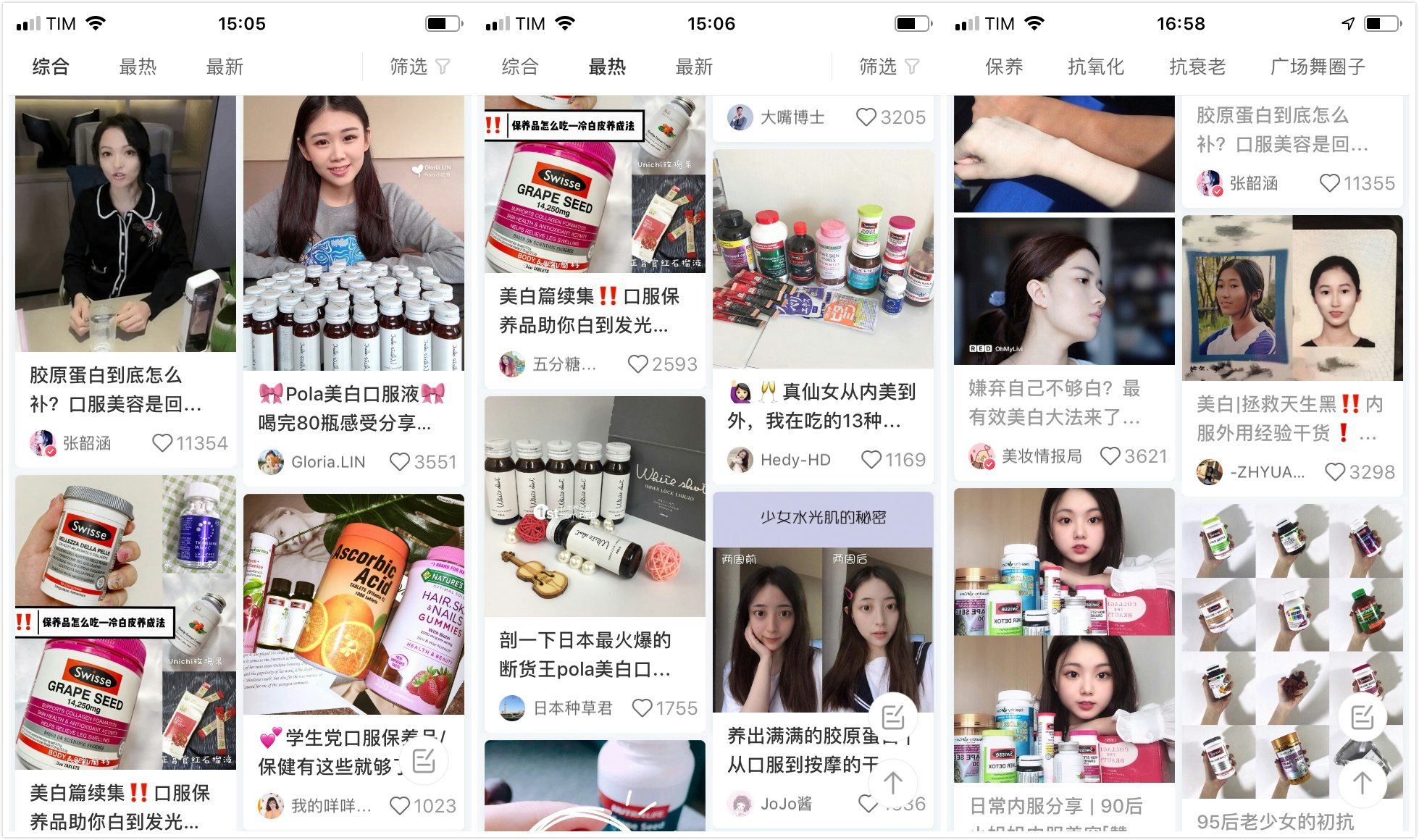
On the lifestyle platform Little Red Book (a.k.a. Xiaohongshu), over 80,000 users have shared stories similar to Yang Shen’s in the #beautysupplement (美容内服) hashtag community. Posts titled “Supplement homework for a 20-year-old” or “How to glow from the inside out in your 20s” are usually accompanied by a heavily filtered selfie of a fresh-faced girl. The latest self-care formula that’s become popular among Chinese millennial women sounds exhausting. It goes: 10-step beauty routine + medical beauty surgeries + beauty supplements + physical exercises = looking your best.
For the past year, Jing Daily has covered a series of beauty trends in China, ranging from “black tech” beauty devices to pro-level skin management, but none of those were as pervasive as the beauty supplements craze that’s captivating an entire generation at a profound level. For 22-year-old Yang Shen and the ever-growing, beauty-obsessed Little Red Book community, skincare is no longer a treat in the form of self-care — it’s a lengthy and complex treatment system that requires a holistic approach. On top of applying luxe facial creams every day, using the most innovative “black tech” face rollers every week, and making regular skin management clinic visits, Yang Shen takes beauty supplements as a crucial step in achieving her beauty goals. “So white that it glows (白到发光),” has even become a trending catchphrase to describe the ideal female look on Chinese social media.
According to the “2018 Cross-Border Wellness Shopping Report” issued by CBN Data, the number of beauty supplement consumers on Tmall Global between July 2017 and June 2018 grew 2.8 times compared to that same period two years earlier. The report also points out that Chinese consumers’ favorite origin countries for beauty supplements are Australia, the U.S., and Japan. Collagen protein drinks, dietary fiber, and “antioxidant” grape seed pills are the best-selling supplements, but since 2017, instant bird's nest, Korean ginseng, and peach gum have become increasingly popular. Now, with a broader knowledge of holistic beauty products available to them, Chinese consumers have begun to spend more on this category. During Tmall Super Category Shopping Day in 2018, the average amount spent on beauty supplements saw a year-on-year increase of 70 percent.
These “pretty pills” have officially entered the young, urban mainstream in China. Influenced by the beautiful young idols of K-pop, a growing plastic surgery culture, and ever-present social media pressure, Chinese women have become hyper-focused on obtaining perfectly smooth and radiant skin. In a New Yorker article from December 2017 titled “China’s Selfie Obsession,” author Jiayang Fan illustrated how the photo-editing app Meitu was influencing what’s attractive to young generations in China. Her interviewees spent an average of 40 minutes editing their selfies, and they said that editing a group photo was almost an obligatory social norm in their friend groups. With the help of Meitu, women would enlarge their eyes, whiten their skin color, and sharpen their chins to adhere to China’s highly codified beauty standards.
Rigid and highly aging-anxious, those guidelines are now driving the country’s twenty-somethings to invest heavily in anti-aging products to avoid the future effects of aging. But a few voices are fighting against those standards. In May of 2018, the actor Lixin Zhao posted a controversial Weibo rant that criticized China’s age-shaming culture, and it quickly became the platform’s most-searched topic. “Actresses like Isabelle Huppert, Meryl Streep, Juliette Binoche, and Frances McDormand would find their career doomed in China,” the post reads. “Even if they do get a chance, they would get roles like a mean mother-in-law in a telenovela. Our screens are only occupied with the 'young and pretty' faces that don’t care about artistic depth or other values. Keep entertaining yourself!” In 24 hours, his post had attracted more than 6000 shares and 12840 likes. The “younger is better” rhetoric is so ingrained in China’s perception of beauty today, that younger, fresher-looking candidates in fact, regularly replace actresses over 30.
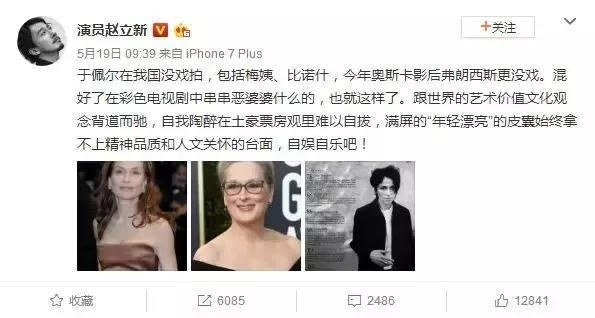
Millennials across the globe are enamored with the idea of wellness, yet their narratives differ across cultures. In the U.S., taking beauty supplements is considered an act of self-love and self-care that stems from a desire to better oneself. In China, however, beautifying is can be seen more as an attempt to comply with the country’s collective expectations about beauty — one that rarely wavers. That’s why, for now, it’s safe to foresee continued growth in this market’s uncompromising beauty industry.
